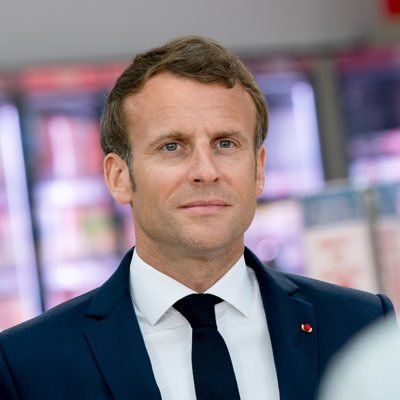France‘s parliament is going to adopt legislation that
makes vaccine passports a key part of daily life in the battle against COVID-19,
after lawmakers of both the houses of parliament reached a compromise deal.
The breakthrough in talks between members of the National
Assembly and Senate came a day after France was again shaken by nationwide
protests against the rules that saw over 160,000 rally and dozens arrested.
President Emmanuel Macron last week ordered that the health
pass — proof of full vaccination or a negative test — would be required for
the residents to visit venues such as a cinema or nightclub and ultimately bars
and restaurants.
The move encountered fierce opposition from some who believe
the vaccine passports erode civil liberties, while the ruling party has faced a
tough task pushing the legislation through parliament. While pro-Macron MPs
control the lower house National Assembly the upper house Senate is dominated
by the opposition right.
The Senate approved the legislation overnight by 199 votes
to 123 but added numerous amendments that the government fears risk-limiting
the impact of the rules. The two sides held three hours of talks at a
parliamentary commission on Sunday to finally reach a compromise that means
definitive adoption is now likely later Sunday.
In an extra step requested by Prime Minister Jean Castex,
the legislation then needs to be approved by France’s highest administrative
authority, the Constitutional Council, before becoming law.
Some 161,000 people, including 11,000 in Paris had protested
on Saturday against the health pass, with demonstrators brandishing slogans
including “freedom is being trampled on”.
71 people were arrested, including 24 in Paris, and
29 members of the security forces were injured, the ministry of the interior
said.
On a visit to France’s Pacific territory of French
Polynesia, Macron scoffed at how slogans of freedom were being brandished at
the protests.
“Everyone is free to express themselves calmly with
respect for the other. But freedom, where I owe nothing tosomeone else, does not exist,” he said.
He said that under such logic, relatives could be infected
by someone who is not vaccinated “when there is the chance to have
something that protects”, or the person could themselves end up in
hospital.
“I do not call this freedom, I call this irresponsibility
and egoism,” he said.
The Senate wanted the legislation to take more note of civil
liberties. Parliamentary sources said the compromise reached means the system
will only be allowed to continue after November 15 with a new vote in
parliament.
The compromise deal also limits the role of police in
enforcing the rules and makes clear that health workers and carers who refuse
the vaccination should not automatically be sacked but have their salary
suspended.
France recorded almost 23,000 new COVID cases on Saturday,
twice as many as last week, as the Delta variant causes infections to surge.
But in figures, the government credits to the success of the
vaccination rollout, there are 878 people in intensive care with Covid,
compared with a peak of almost 6,000 at the end of April.







